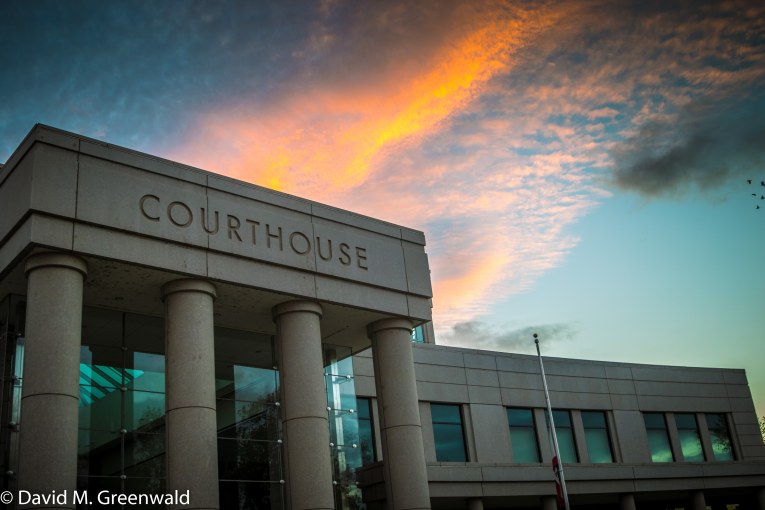
 By Casey Rawlings & Anna Zheng
By Casey Rawlings & Anna Zheng
WOODLAND, CA – Thomas Jones appeared Tuesday in Yolo County Superior Court for violating her parole by allegedly viewing pornography while on parole—the defense called the parole section unconstitutional, but the judge dismissed that characterization.
The defendant was put on parole after her previous charges of second degree robbery, elder abuse, and the unlawful use of tear gas. During the defendant’s parole, she said she borrowed a friend’s phone that contained pornographic images of herself and adolescent children.
Deputy District Attorney, Jordan Greenberg contends that the defendant had violated her parole because she was in possession of pornography, which was explicitly prohibited in Condition/Paragraph 31, a condition under her parole.
“Condition 31 states that you should not view, possess, or have access to any sexually orientated or sexually stimulating objects; articles, magazines, handheld devices, or pornographic material in any format electronic communication devices, photographs, drawings, literature,” Greenberg explained.
Deputy Public Defender Jose Gonzalez-Vasquez argued Parole Condition 31 was not Constitutional, to which Judge Peter Williams raised the question of whether child pornography would fall into this.
“Yes [child pornography] would violate that condition. However, the reason why we don’t count that is because that’s not part of the analysis. The lent factors talk about when conduct is otherwise legal, but is still being tacked on as a condition,” said Gonzalez-Vasquez.
Gonzalez-Vasquez further explained that the pornographic content the defendant was being prosecuted for was not related to the nature of her crime as it “does not reasonably deter future criminal conduct… [nor] does this possession facilitate future crimes.”
The argument that “the condition is so vague that it leaves unfair digression on determining whether, when, and who violates [this condition],” was also raised by Gonzalez-Vasquez.
Although the photos may be pornographic, they are protected under the First Amendment for freedom of expression, said Gonzalez-Vasquez, adding that this expressive behavior is commonplace, noting “the reality is that in our digital age, having and sending sexually oriented material of oneself is part of normal healthy relationships.”
Gonzalez-Vasquez added Jones is being discriminated against because of her “particular sexuality.” It is unclear whether this was in reference to Jones’ sexual preferences, or her identity as trans.
Gonzalez-Vasquez elaborated “she is being discriminated against, it is her self-expression. It’s not like she’s sharing porn of others; it is herself.”
Throughout the trial, the defendant appeared to be consistently misgendered by Judge Williams and by DDA Greenberg. It is unclear whether Gonzalez-Vasquez was referring to Jones’ sexual preferences, or her identity as trans, as it could suggest transphobic interference with her hearing.
Although Gonzalez-Vasquez argued that there was no sufficient evidence to sustain a violation, Judge Williams ultimately found the defendant guilty for violating her parole per Paragraph 31.
Judge Williams deemed that there was substantive cause and evidence, and an additional 20 days was added to the defendant’s initial 84 days of jail time for the parole violation.
